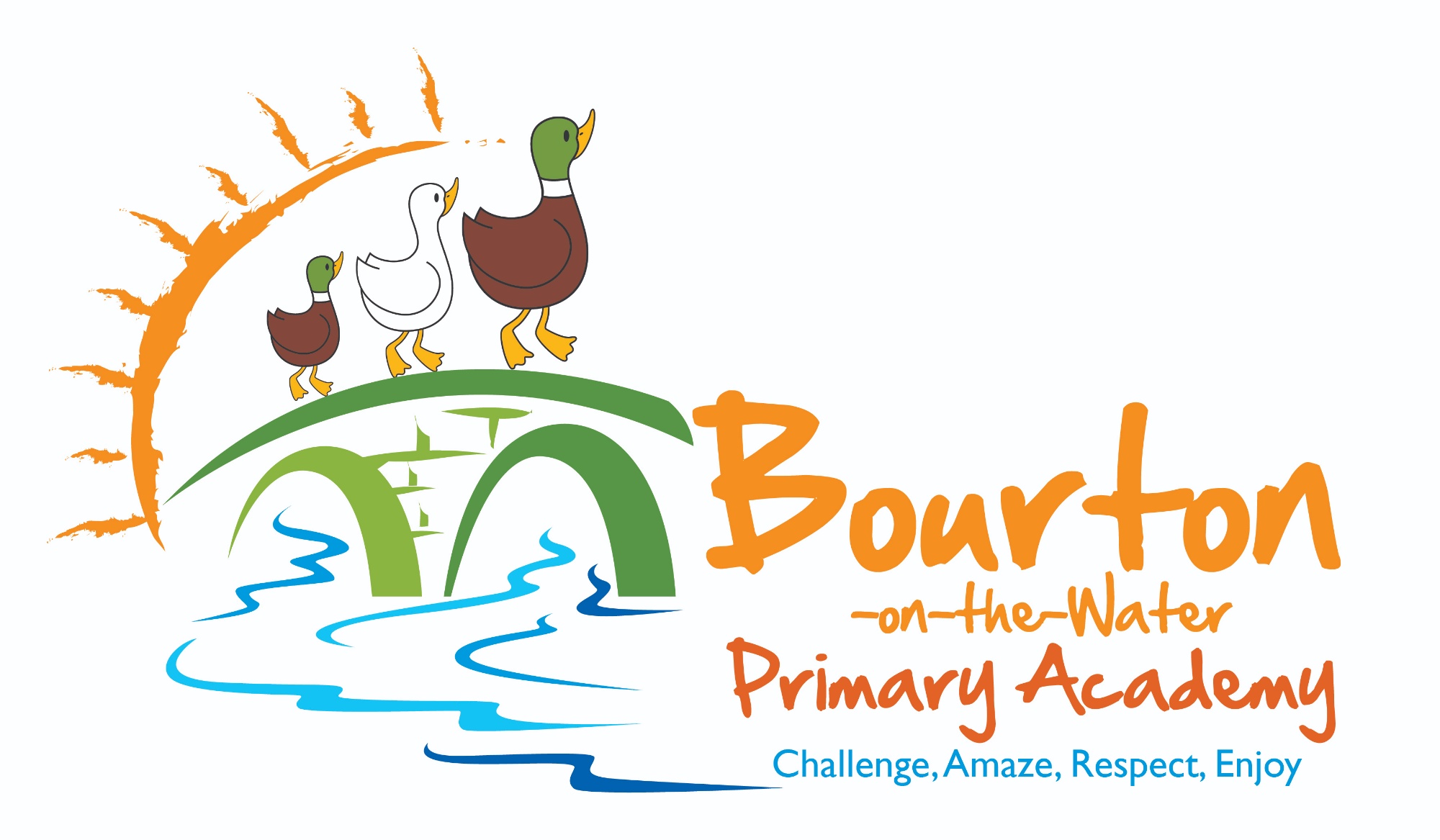Pupil Premium:
What is Pupil Premium Funding?

PP Funding is money given to state-funded schools to help improve educational outcomes for certain pupils. In addition, the grant also provides funds for children with parents in the armed forces, known as Service Pupil Premium. All of this funding is grouped together and allocated as one grant.
Pupil Premium is allocated based on a number of criteria: pupils who are eligible for free school meals or have been in the last 6 years, or pupils that have been classed as looked after by the LA or other forms of state care or special guardianship.
As a school we pride ourselves on being inclusive to all and offer support where ever possible. Our aim is to ensure that every child has a good quality education and equal opportunities in and out of the classroom. The senior leaders, alongside governors, have agreed the following areas as our priorities.
Our Key Priorities:
- To continually monitor the attainment and progress of pupils eligible for Pupil Premium funding.
- To raise the attainment and progress of pupils eligible for Pupil Premium funding.
- To narrow the gap in attainment between pupil premium and non-pupil premium pupils at the end of key stage 2.
Our Key Practises:
- Ensure that the learning in the classroom is of the best quality and has maximum impact on this group.
- To provide a rich and varied curriculum that supports pupils in further education and into wider society.
- To support each pupil in a holistic way - emotionally, socially and academically.
Where does our Pupil Premium funding go?
Research models by the Education Endowment Fund (Teaching-learning toolkit) found that the highest impact teaching and learning techniques, with the lowest costs were:
- High quality feedback.
- Metacognition and self-regulation.
- Reading comprehension strategies.
As well as the low-cost first quality teaching techniques outlined above, we have spent the funding in the following areas:
1. Parent Support Advisor (PSA) – Liz Hamilton works with and supports families across the school with low level family disruption, vulnerable children, children with low attendance or children who are upset. Cost: £10000.
2. School Nurture Support - Support provided by nurture teaching assistant and ELSA for children with attachment issues or needing emotional support.
3. Teaching Assistant (TA) Support – TAs working in Key Stage 1 and 2 with children identified as lower achieving or having lower scores on entry to Year 1. Cost: £12000.
4. Holiday Club & Extra Curricular support – funding to cover or contribute to the cost of extracurricular activities or trips. Cost: £500.
5. Phase 3 1:1 and Small Group Tuition – four mornings a week specialist teaching provided by a HLTA for small groups of pupils who are working at least a year below expectations. Cost: £10 000.
Outcomes for 2024 (2023):
Table 1 – Attainment and Progress of Pupils in Receipt of Pupil Premium at Year 6
|
|
Reading |
Writing |
Maths |
|
Number of pupils |
7 |
7 |
7 |
|
PP at expected |
57% |
57% |
29% |
|
Progress of PP |
|
|
|
Table 2 – Other Forms of Support
|
Provision |
Pupils Benefitting |
|
Nurture Hub |
20 pupils |
|
Play Therapy |
6 pupils |
|
Emotional Support (ELSA) |
8 pupils |
|
Parent support Advisor |
10 families |
